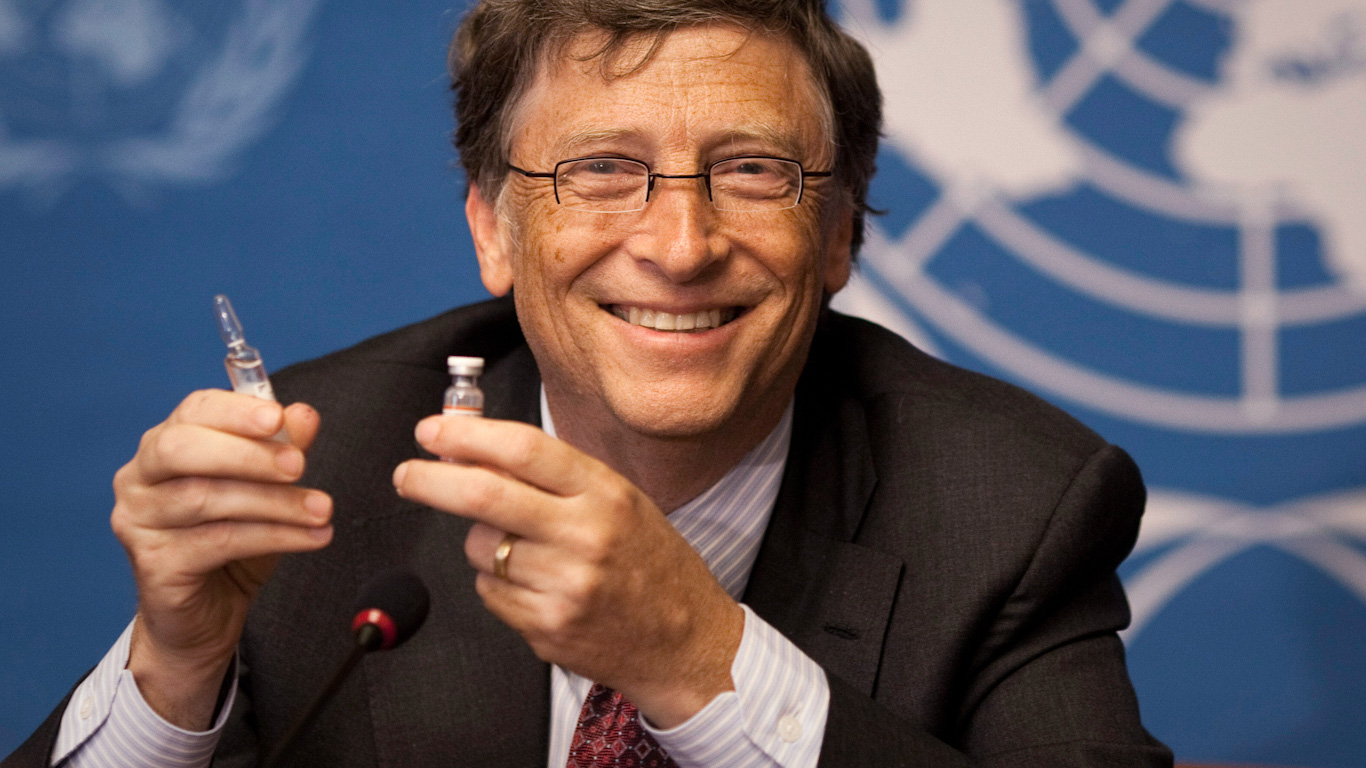by ALAN MACLEOD

Unable to secure a profit in immunizing poorer nations, Western multinationals, including Oxford’s private partner AstraZeneca, have prioritized those who can pay the most.
Europe is reeling from the shock news that biotech giant AstraZeneca will not be delivering anything like the number of vaccines it promised. The company informed European Union officials that they will only be supplying 31 million doses to 27 E.U. countries, rather than the 80 million they had promised would arrive by the end of March. Italian Prime Minister Giuseppe Conti predicted that the news would reap “enormous damage” on the continent that has already sustained over 32 million confirmed cases and 703,000 deaths due to COVID-19.
The Oxford-AstraZeneca vaccine had been hailed last year as a miracle in the global fight against the coronavirus primarily because the research team at Oxford University had promised to share the rights to its product with any and all drugmakers, meaning that poorer countries could produce and inoculate their citizens at cost price ($3-$4 per shot — a fraction of the price of those from Pfizer or Moderna).
Last year, economist and drug patent reform advocate Dean Baker told MintPress that,
“The Oxford vaccine is even more striking, since the point was to pay researchers, but not to rely on patent monopolies to generate large profits. We ended up with a cheaper, better vaccine…It would be great if we could take away some lessons from the experience of vaccine development in this crisis and get away from the antiquated patent monopoly mechanism for financing research.”
However, behind the scenes, the Oxford team reneged on their promise, signing an exclusive deal with pharmaceutical giant AstraZeneca, who made no commitment to selling the lifesaving vaccine at a low price. Even less well-known is that the decision was taken at the behest of Microsoft co-founder Bill Gates. “We went to Oxford and said, ‘Hey, you’re doing brilliant work,’” Gates said, “But…you really need to team up.” The 65-year-old tech tycoon is a strong proponent of patents and spends much of his time shaping global health policy.
James Love, director of Knowledge Ecology International, a nonprofit that works to expand access to medical technology, said that “Gates has staked out this outsized role in the vaccine world…He has an ideological belief that the intellectual property system is a wonderful mechanism that is necessary for innovation and prosperity.”
Mint Press for more